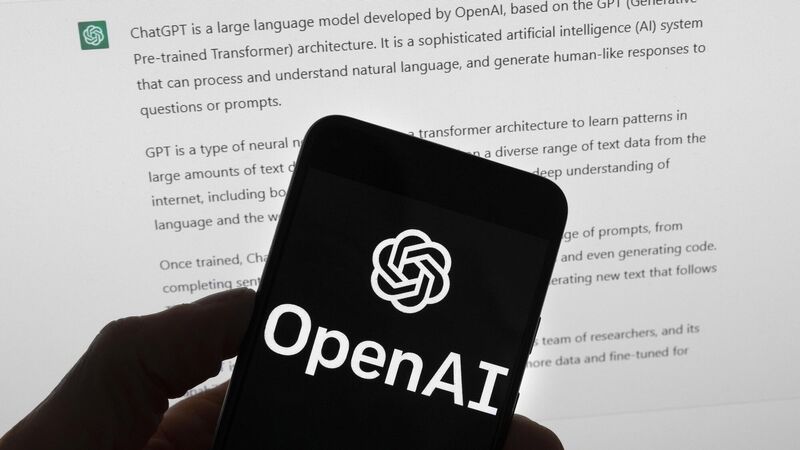John Whelan: The world is racing to embrace AI but the cost may be too high for Irish SME’s

The big question for Irish AI start-ups or companies trying to introduce AI to their businesses is how quickly will these AI testing facilities be set up and what will be the access costs.
The US stock market leaves us in no doubt that we are in an AI and data revolution which is driving a customer revolution and a business revolution.
Sonantic typifies the trend, co-founded by Irishman John Flynn, and contacted by the creators of , starring Tom Cruise, to build a custom AI voice for Val Kilmer, when the American actor was rendered speechless because of throat cancer.















